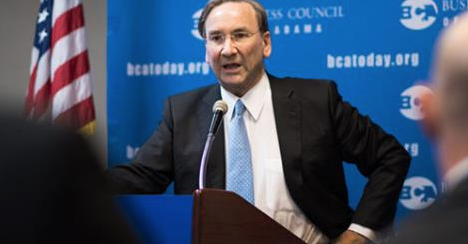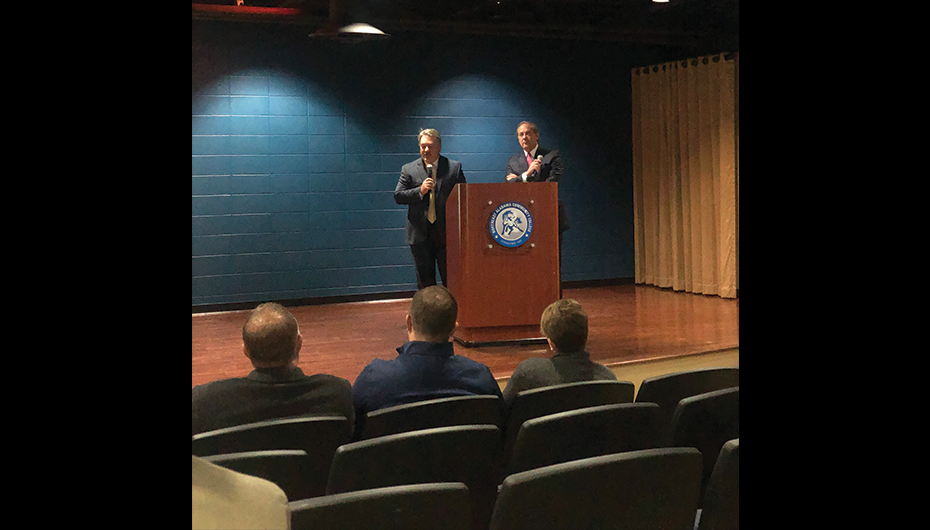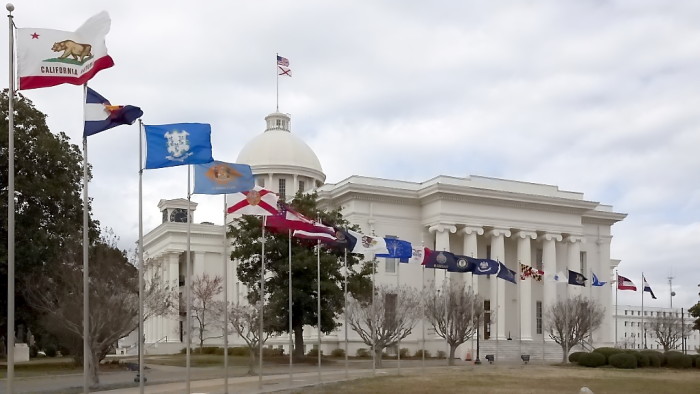That old saying, "A day of reckoning is fast approaching," is so apropos when discussing Alabama's seriously overcrowded prisons. Addressing solely the finances of prison reform, it would cost $840 million to build new prisons that would reduce Alabama's prison capacity of 190 percent to just 100 percent. That $840 million is 44 percent of the state's unearmarked $1.9 billion general fund budget.
It could take four or five new mega-prisons to reduce chronic overcrowding, not to mention an additional $186 million a year to operate.
When you throw in the other issues involving prison overcrowding, including moral ones — the persistent dangers to inmates and prison keepers, mental health needs, lack of individual attention, and a real risk of federal court intervention, which would result in wholesale inmate releases and the expense of hundreds of millions of dollars to meet a court order — it becomes a real crisis.
That's why recommendations of a comprehensive prison overcrowding study by the Alabama Joint Prison Reform Task Force formed in 2014 deserve scrutiny by the Alabama business community.
Sen. Cam Ward, R-Alabaster, headed the Alabama Joint Prison Reform Task Force. Members included judges and attorneys from both prosecution and defense bars, victim advocates and legislators.
The Task Force worked with the Council of State Governments Justice Center to determine what caused our prisons to overflow.
Ward's efforts include introducing Senate Bill 67, the prison reform bill. It's on the Senate calendar when the Legislature returns to Montgomery on March 31 after spring break.
Until now, business communities generally have left prison management to their respective states. But when states such as Alabama face an overcrowding crisis, it's incumbent upon business to become involved.
Why?
Because with Alabama's growth taxes — sales and income — earmarked largely for education, any new money for prison expansion likely will come from the job creators — Alabama business.
States are taking holistic approaches to prison overcrowding by addressing sentencing, creating a new felony category to remove some non-violent offenses from the Habitual Offender Law, diversion, mental health, drug and alcohol treatment, inmate job training, more trained probation and parole officers and prioritizing expensive prison space for violent and dangerous individuals, all the while holding offenders accountable while in prison and after their release.
Alabama's Joint Prison Reform Task Force projects that it will cost $35 million a year to implement proposals and reduce the prison population by about 4,500 inmates each year over the next six years, or 27,000 in all. The cost would be $210 million by 2021.
It won't completely reduce overcrowding to 100 percent of capacity, but in dollars, it makes "sense," especially when you consider the potentially open-ended cost of federal intervention.
It has been written, "You can't escape the responsibility of tomorrow by evading it today."
Great private and public partnerships remind me of a person who is capable of using one's heart and head at the same time. It just makes "sense" doesn't it?
By William J. Canary
President and CEO of the Business Council of Alabama




